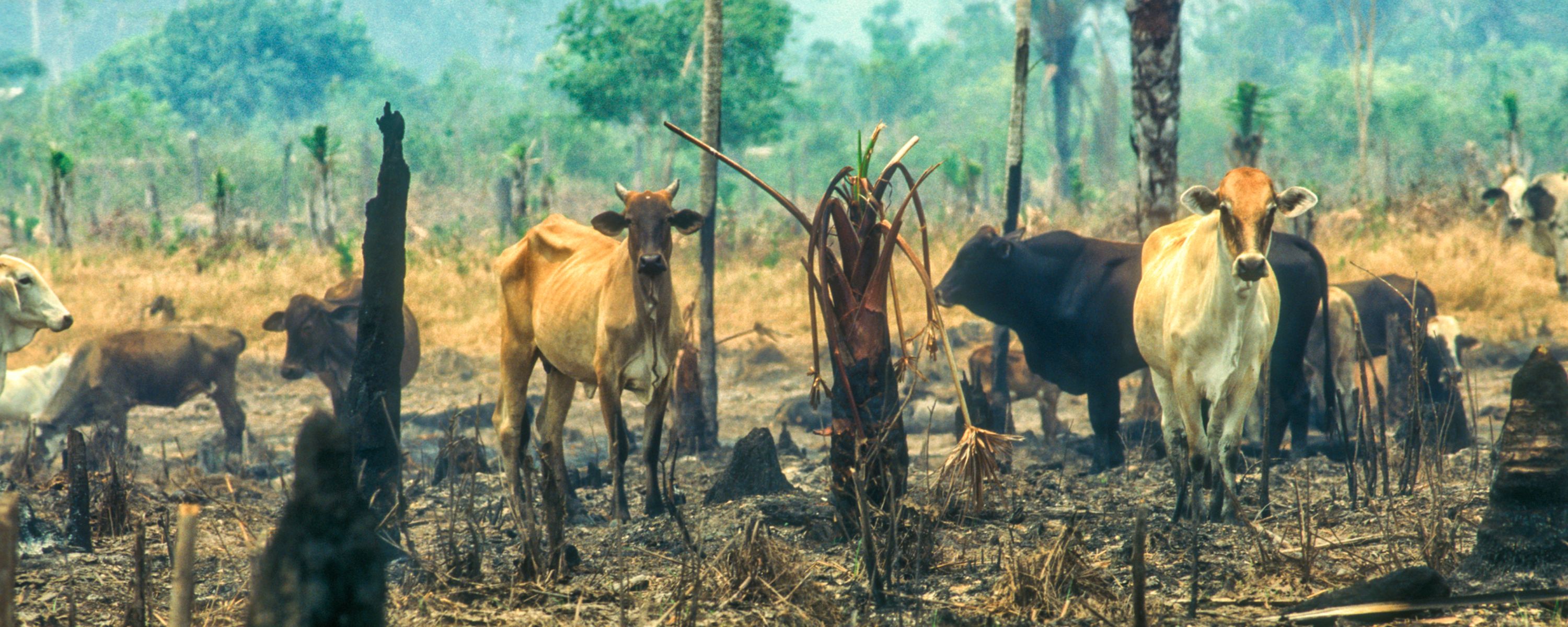
Brazil is among the largest exporters of agricultural products. It is the second largest producer of beef globally, and exports over 20% of its production. However, the industry has a devastating effect on the environment. Its links to deforestation in biodiversity hotspots like the Amazon and Cerrado biomes are raising concerns in regions that import Brazilian agricultural commodities.
However, a global transition to a sustainable development pathway (SDP) poses risks to the Brazilian agriculture sector. As a major employer, representing the largest share of the country's exports, these risks could have far-reaching consequences for socioeconomic development in the country.
The Brazilian livestock sector in a global transition to sustainable food systems
Researchers at Grantham Institute, in partnership with the Potsdam Institute for Climate Impact Research (PIK, Germany), are exploring these issues in a joint research project. The FSEC Brazil Country Study project is commissioned by the Food System Economics Commission (FSEC) and EAT-Lancet, and addresses the role of the Brazilian livestock sector in a global SDP, and how it can maintain its position of global market leadership.
To find out more, contact Dr Alexandre Koberle.